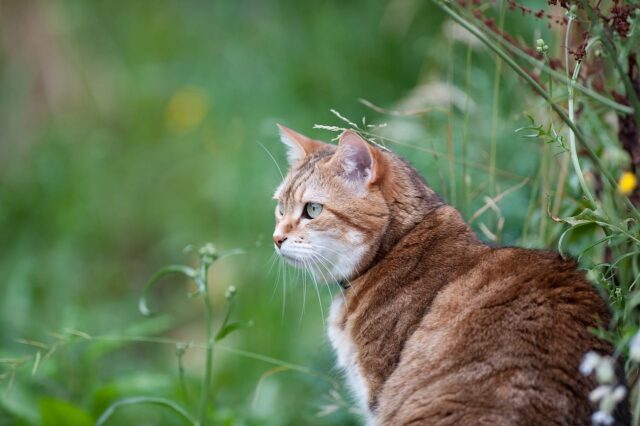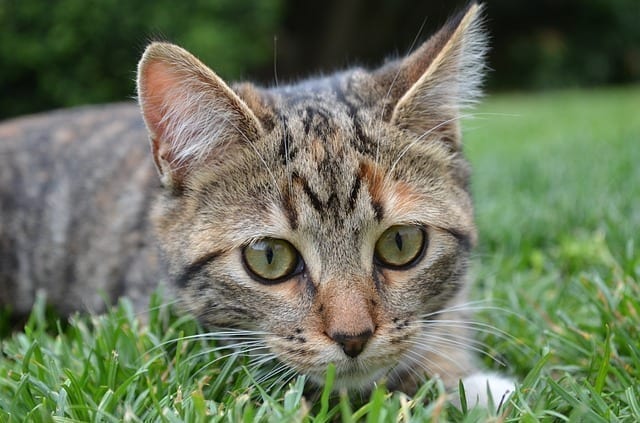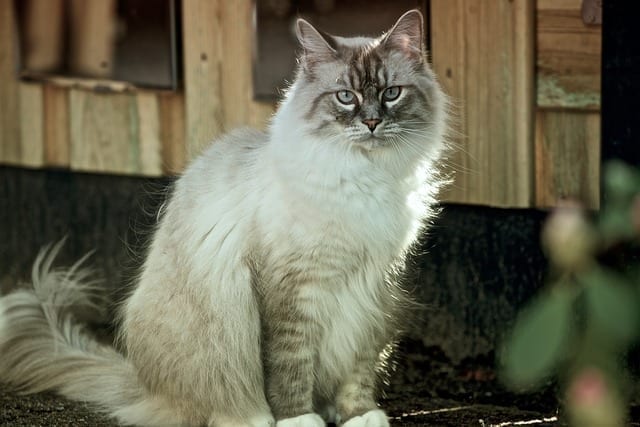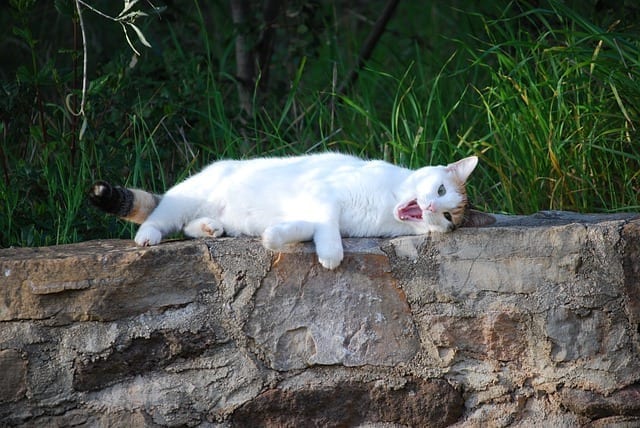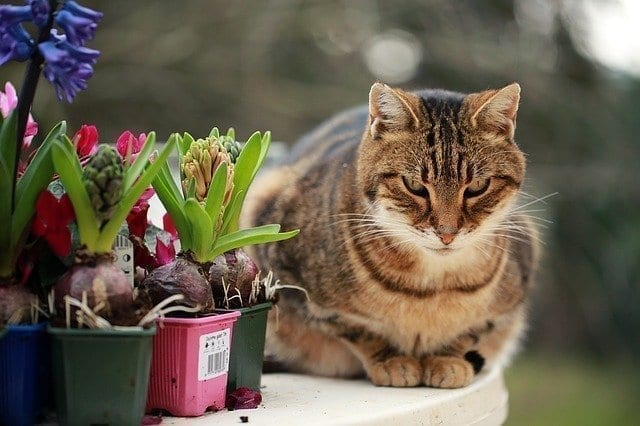Researchers at the University of Exeter in England have determined cat parents typically fall into one of five categories thanks to an ongoing study that looks at the effect of cats on local wildlife populations and how best to manage hunting activities in order to minimize loss of small prey animals.
The project, “Cats, Cat Owners and Wildlife”, asserts, “the impact that cats have on our songbird populations is a crucial area of research.”
In order to come up with solutions to minimize the damage to songbird populations by hunting cats, the cat-loving researchers put together a quiz asking cat parents a series of questions regarding their attitude towards felines going outdoors as well their hunting activities.
Five Types of Cat Parents
Based on the answers collected from 50 cat parents, the team determined attitudes ranged into “five distinctive cat‐owner perspectives”:
- Concerned Protectors focus on cat safety.
- Freedom Defenders prioritize cat independence and oppose restrictions on behavior.
- Tolerant Guardians believe outdoor access is important for cats but dislike their hunting.
- Conscientious Caretakers feel some responsibility for managing their cats’ hunting.
- Laissez‐faire Landlords were largely unaware of the issues surrounding roaming and hunting behavior.
These five perspectives illustrate the range of thoughts on the matter of how best to raise our cats. Yet one idea seemed to be prevalent among the majority of the cat parents surveyed. “Most participants valued outdoor access for cats and opposed confinement to prevent hunting.”
But conservationists argue the 10 million plus cats in the UK are having a detrimental impact on songbird numbers. Sarah Crowley, an anthrozoologist with Exeter’s Centre for Geography and Environmental Science (CGES) and part of the research project explained, “I think normally it’s framed as a debate between cat owners or cat advocates and conservationists, particularly bird conservationists.”
But beyond the bird populous, cat safety is a major concern to cat parents who’d rather keep kitties inside. Crowley pointed out, “Cats roaming outdoors are more at risk for traffic accidents. They’re also more at risk for disease.”
But What Do Cats Think?
While this survey examines how humans feel about cats outdoors and hunting, the perspective of cats differ from that of their humans. Conservation is an important issue, yet so is the well-being of cats. And when it comes to the matter of cats going outside or staying in, it’s truly an idea that must be taken on a case-by-case matter, or cat-by-cat as it may be.
Some kittens come up inside, never knowing life outside, making it easier to acclimate them to indoor life. Then, there are the wanderers who just make themselves at home in your house. But they could never be happy without access to the outdoors they’ve known. And feral cats generally never know an indoor setting.
Understanding what each individual cat needs, coupled with study and education, cat parents can help their kitties safely enjoy the great outdoors without causing grievous harm to the small wildlife population in their area.
Take the quiz to find out your cat parenting style.
H/T: www.cnn.com

